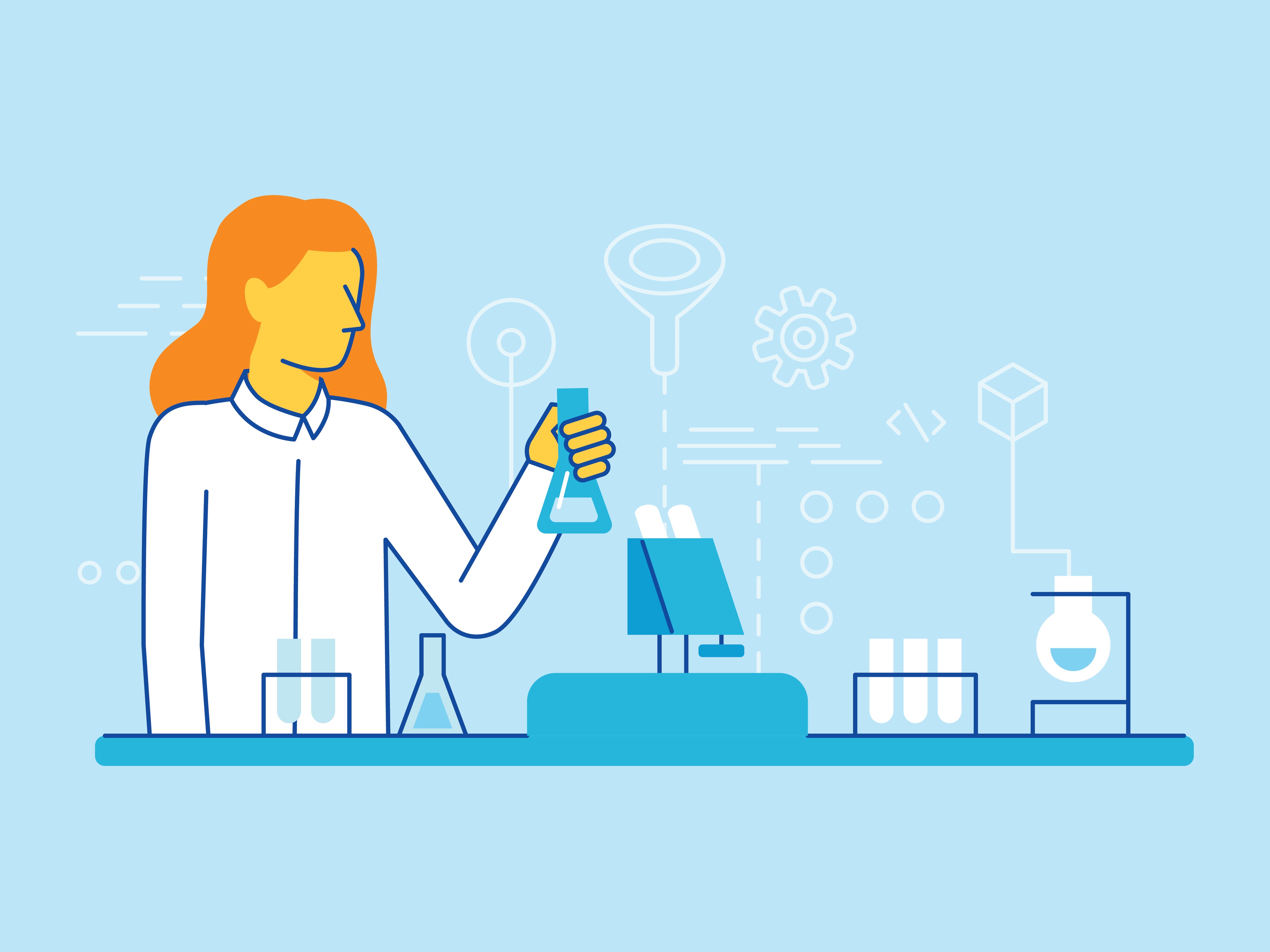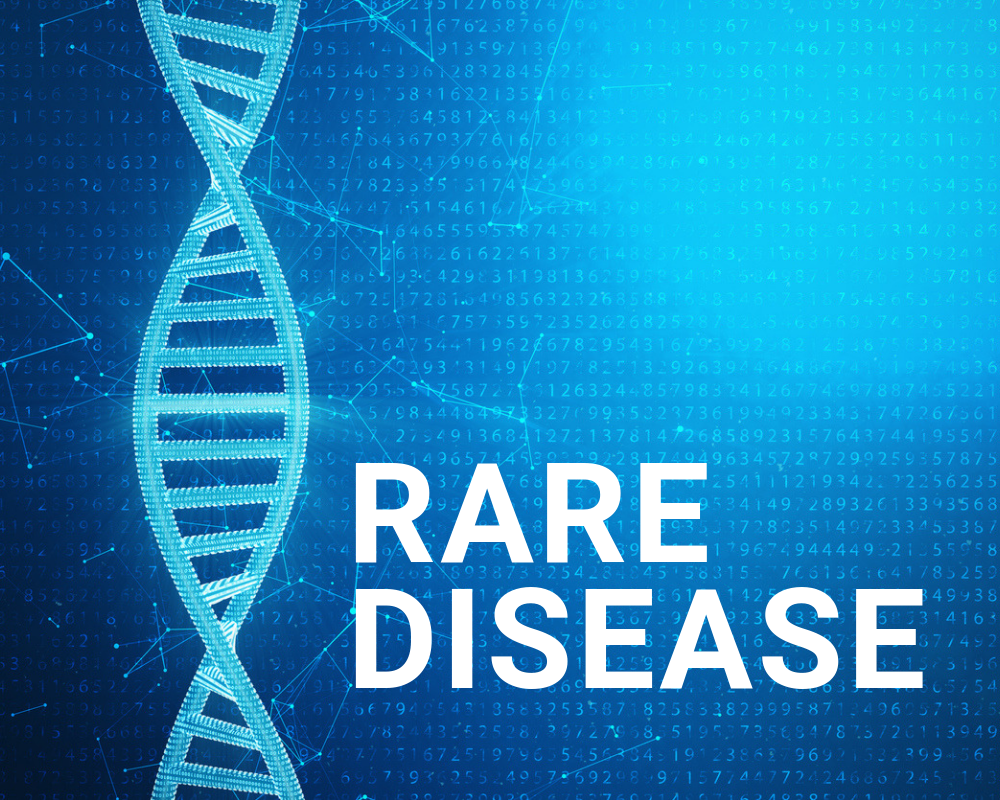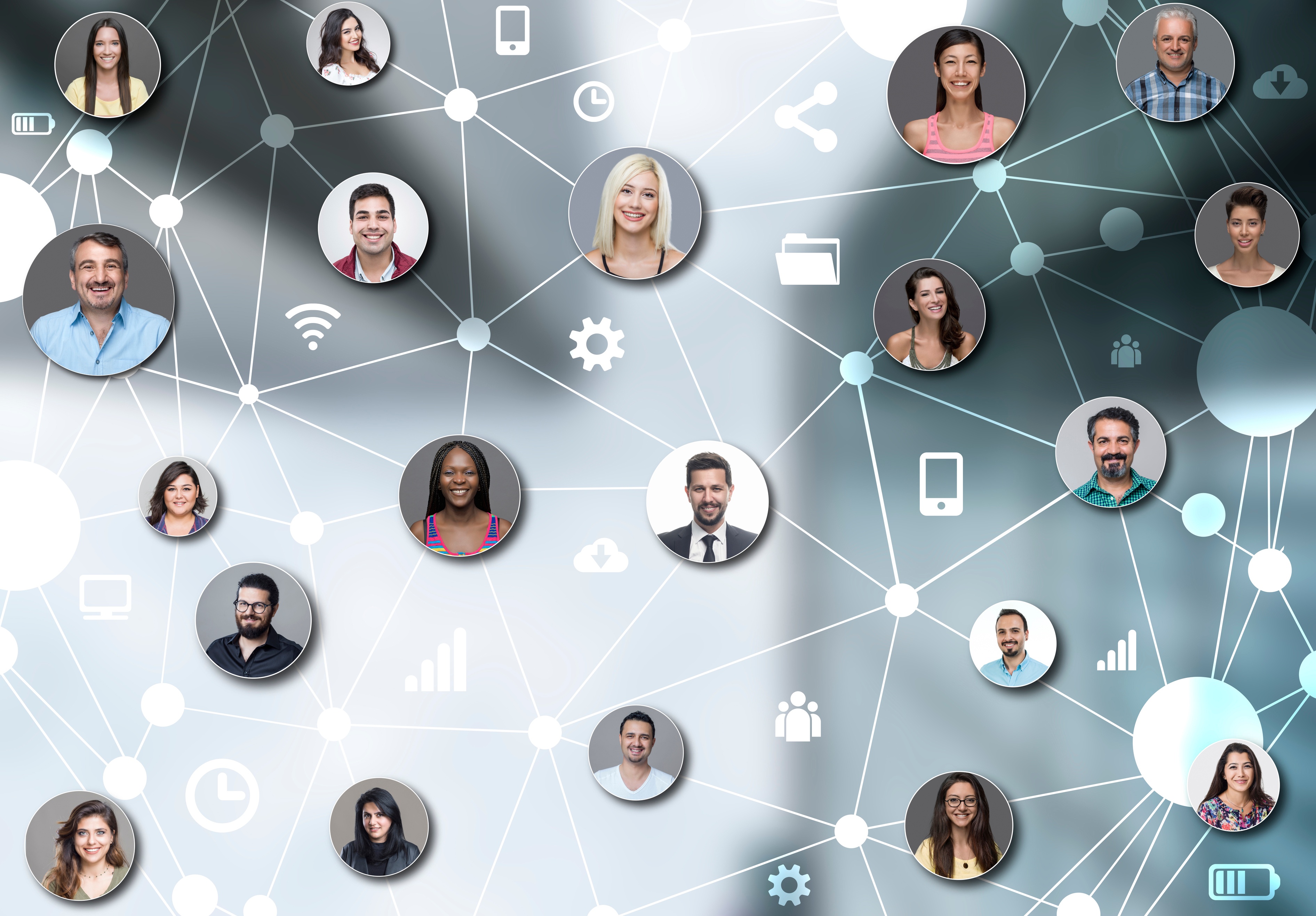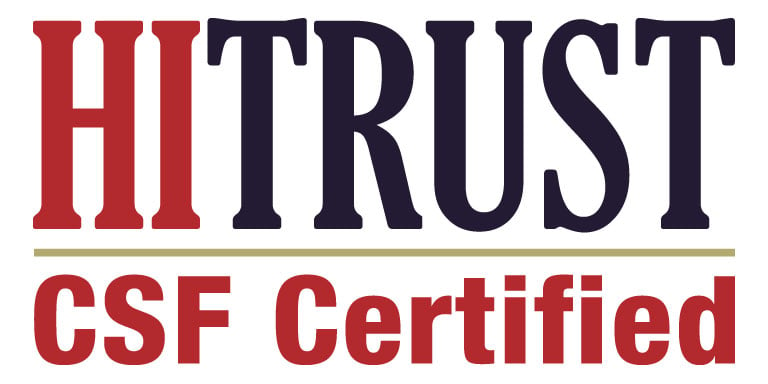Earlier this month, two prominent scientists were announced as winners for The Nobel Prize. They also happened to be women. Frances Arnold of the U.S. received the award for Chemistry and Donna Strickland of Canada earned her award in Physics.
While the names of the Nobel Prize winners are always eagerly awaited, the announcement of Arnold and Strickland seemed to generate more attention and applause than usual. But why is this a cause for so much celebration? The answer is because while roughly half the global population is female, the number of female scientists is disproportionately low,...
The Orphan Drug Act of 1983 defined a rare disease as one that affects less than 200,000 people. According to the NIH National Center for Advancing Translational Sciences, there are now 7,000 such diseases afflicting between 25-30 million people in the U. S. and an estimated 350 million worldwide.
Finding therapies for rare diseases not only helps those affected, but according to studies from the NIH Undiagnosed Diseases Program, new discoveries made from studying these diseases can also provide insights into more common conditions.
At Alexion, we are interested in understanding the rare...
The power and effectiveness of artificial intelligence (AI) and its continued integration into everyday life is becoming more widely accepted. This is especially true in healthcare where researchers are making significant strides in identifying the causes of and providing more effective treatments for major diseases.
But among these successes is a question of whether some AI results may be biased. A recent article in Fast Company acknowledges that AI should be “the great equalizer” because it is all about objective math and calculations. But the article raises the question of “creator bias”...
While artificial intelligence and machine learning technologies hold plenty of promise in helping to improve patient outcomes and lower costs in health care, making effective use of these technologies requires expertise and experience in handling massive data sets and the tools that extract the right information to answer healthcare’s most difficult questions.
Julie Slezak, EVP of Clinical Analytics at GNS, highlights the key stumbling blocks she sees most often and how to overcome them. Following are five key challenges. Consider this a giant heads-up to anyone employing artificial...





